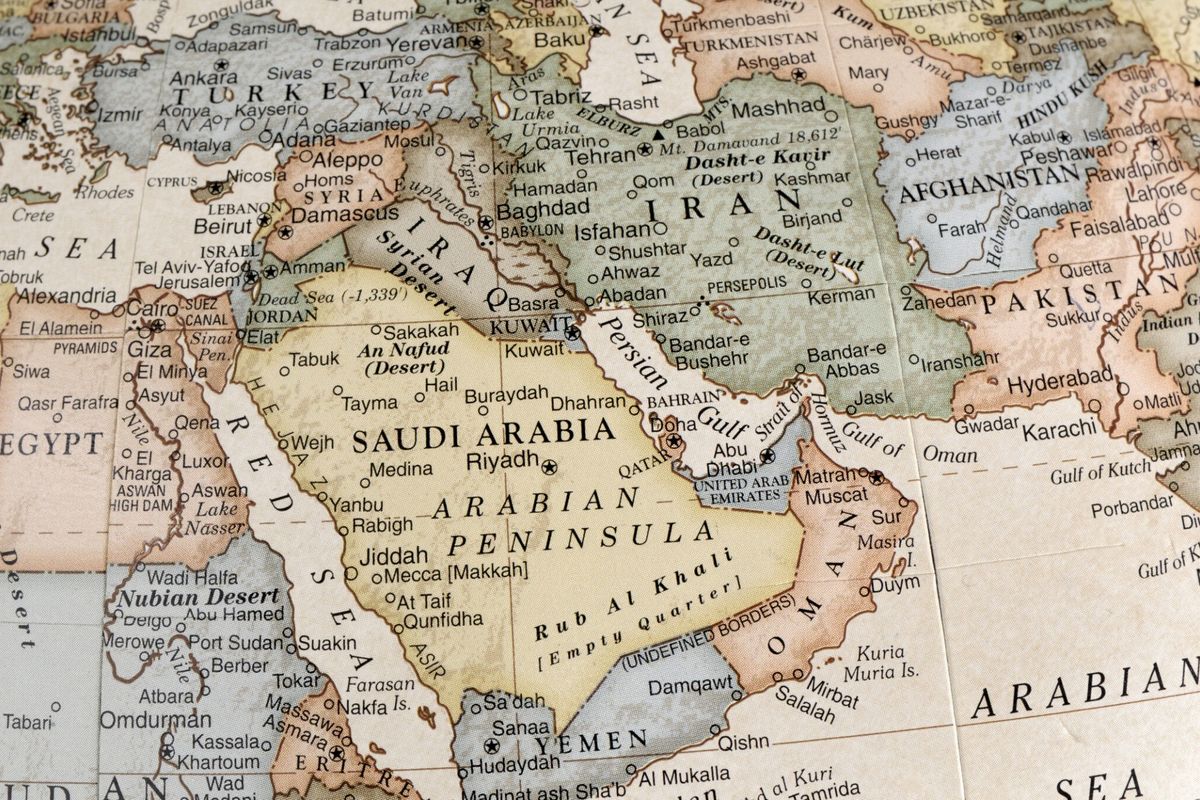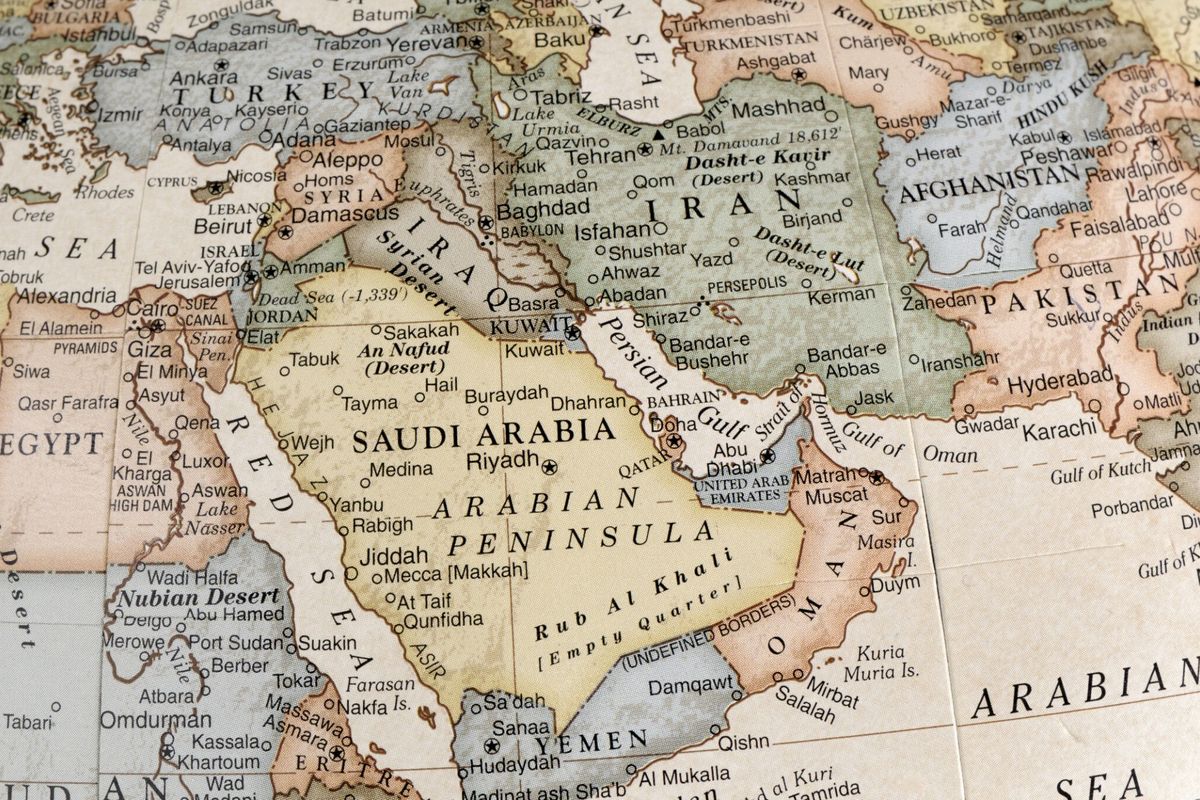Six years after Egyptians rose up against the political authoritarianism and economic incompetence of the Mubarak regime, the potential transfer of two strategic islands to Saudi Arabia serves as a bitter reminder that, since the heady days of 2011, things have only gotten worse.
Since Egyptians woke up on 8 April 2016 to the news that their government had signed a demarcation agreement unilaterally ceding part of its maritime territory to Saudi Arabia, the legality of the transfer has become a lightning rod for dissent and a symbol of the increasingly authoritarian and unaccountable rule of President Abdel Fatah al-Sisi. Just days before the sixth anniversary of Egypt’s January 25th revolution, Egypt’s High Administrative Court unanimously and unequivocally ruled the demarcation agreement null and void. The government is now faced with either an embarrassing climb-down or a bruising confrontation with both popular opinion and its own judiciary. At a time when Egyptians reflect on the aftermath of the Arab Spring, their government should heed the warning of history and back down.
From day one, the Egyptian government has consistently misjudged how its actions would be perceived, even now that the “islands issue” has transformed into a highly damaging cause célèbre.
The islands to be transferred, Tiran and Sansfir, control the Straits of Tiran and thus maritime access to the Gulf of Aqaba and the Israeli port of Eilat, making them of enormous strategic importance. Unsurprisingly, for such a prized piece of geopolitical real estate, control of the islands has been disputed before. President Gamal Abdel Nasser’s stationing of military personnel on the islands, closing the straits to Israeli shipping, helped precipitate the Six Day War in 1967. Within days of Egyptian Prime Minister Sherif Ismael signing the demarcation agreement with Saudi Arabia last April, grainy footage of Nasser proclaiming the entire Straits of Tiran, islands included, Egyptian territory was doing the rounds on social media.
In the face of such a potentially explosive issue, the Egyptian government’s public relations strategy has been conspicuous for its absence. No press conference or parliamentary debate was held before the signing of the agreement, and the first most Egyptians knew of the transfer was after the signing ceremony had actually taken place. Then, compounding what was fast becoming a political crisis, Egypt’s authorities refused any public discussion of the agreement. This kind of silence on such an emotional issue was untenable, and the slogan “land is honour” has quickly gained popularity. Exactly one week after the signing of the demarcation agreement, protests enjoyed the broadest appeal since the popular overthrow of ex-President Mohammed Morsi in 2013.
Surprised by the scale of popular opposition to the agreement, the government responded by cracking down. Dozens were arrested and imprisoned, and for the first time in Egyptian history, the Union of Journalists' headquarters was raided by police in search of protestors. The head of the journalists' union was later sentenced to two years imprisonment for “harbouring fugitives.”
Opposition also took formal legal channels, however, with a group of lawyers led by former presidential candidate Khalid Ali successfully challenging the legality of the demarcation agreement. The case filed by Khalid Ali sparked months of legal wrangling, which placed the government in the highly embarrassing position of denying sovereignty over part of its territory. After two unsuccessful appeals, the government finally lost the case on 16 January, with the High Administrative Court taking the unusual step of not only nullifying the demarcation agreement, but declaring Tiran and Sanafir Egyptian territory, which cannot be legally transferred by any power, even by the people in the case of a popular referendum. In blistering language, the court branded government attempts to transfer the islands “a gross and unprecedented mistake infringing upon the territorial entity of the country, which belongs to the people and not any authority of state.”
In the face of such an unequivocal ruling and the immense damage the islands scandal has done to the popularity of the government and President Sisi himself, it would be legally and politically unthinkable to attempt to resurrect the demarcation agreement. Yet early signs are not encouraging. Before the High Administrative Court’s ruling, the government transferred the demarcation agreement to Parliament for ratification. The timing of that move, almost a full nine months after the signing of the agreement and with an outstanding court case challenging its legality, led many to suspect it came in anticipation of the High Administrative Court finding against the government. In the wake of the court’s final and unanimous ruling, no official representative of the President or the Cabinet has gone on the record to state the government’s position. Government-directed media and members of parliament, however, have attacked the ruling as going beyond the remit of the court, stating that only parliament has the power to accept or reject international agreements. A court case is also pending in the High Constitutional Court, challenging the High Administrative Court’s remit with regard to the case.
Choosing to expend precious political capital on a highly controversial agreement of dubious legality, capable of mobilising broad sections of Egyptian society against the government, would be extremely unwise given Egypt’s fragile state. Time and again, the Egyptian government has misjudged the popular outrage that the demarcation agreement incites and has been surprised by furious opposition. Now, with the sixth anniversary of the 25 January revolution just passed, it is time for President Sisi to put the ghosts of Tiran and Sanafir to rest.













